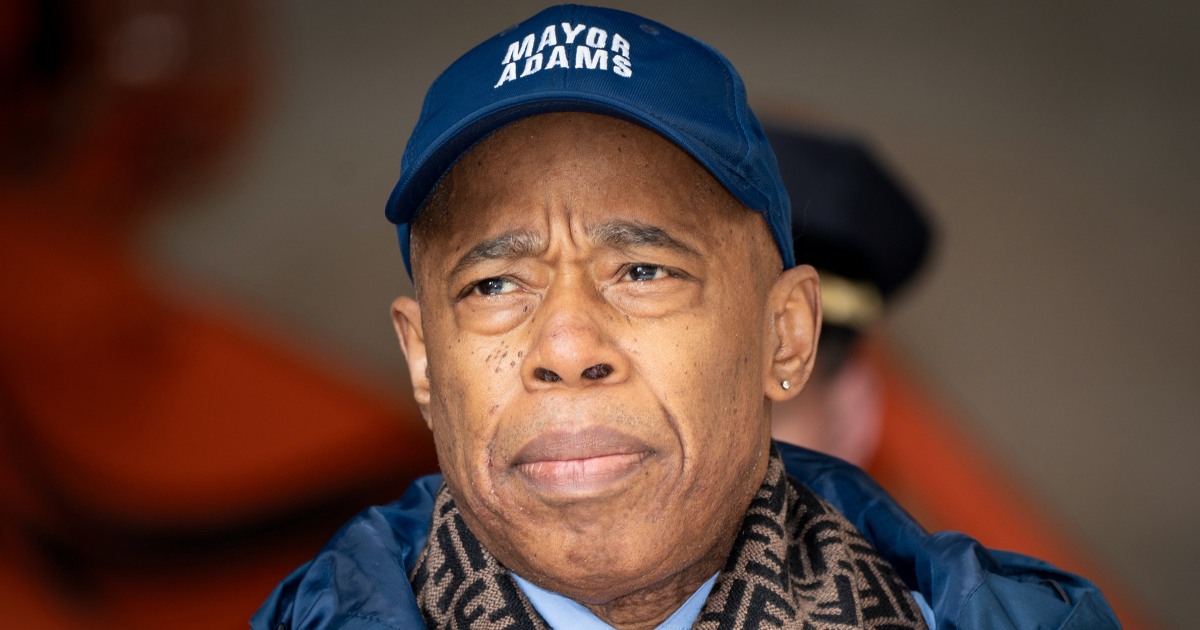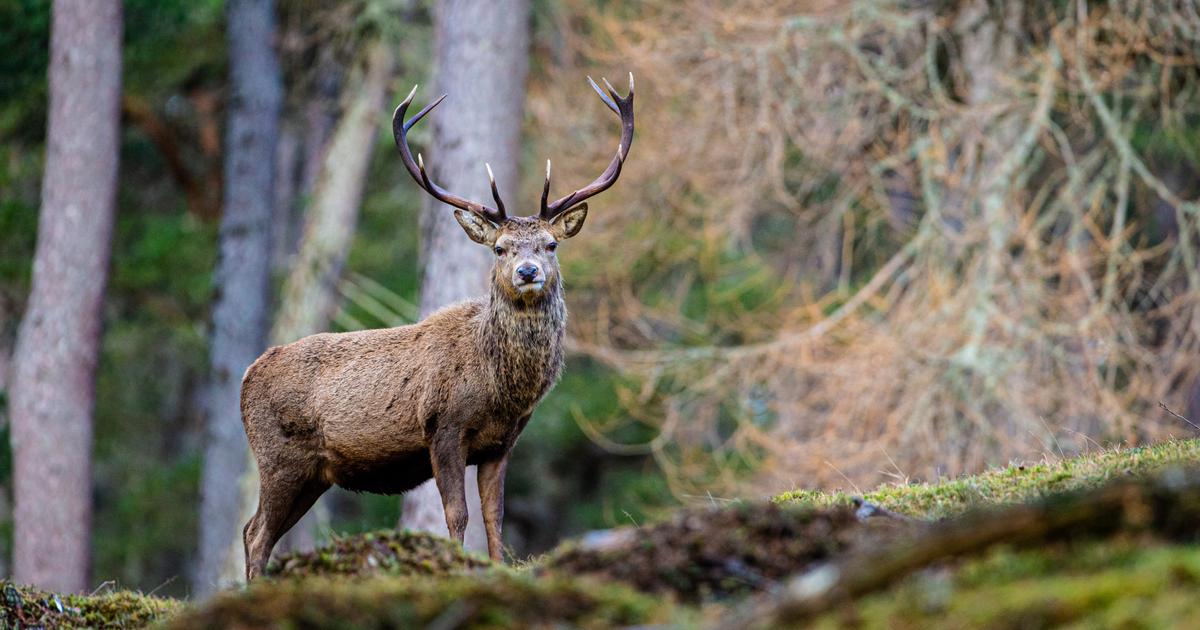Indigenous peoples manage a good 40% of the planet's protected land area and ecologically intact ecosystems, and are legally recognized as owners of at least 12% of the world's forested land area.
However, in many places, neither they nor local communities own the forest land they live on, even though when they do, they are better able to conserve it.
A recent report found that, in Latin America and the Caribbean, the forests of these communities have lower rates of deforestation and lower carbon emissions.
Therefore, indigenous peoples are key to achieving many of the Sustainable Development Goals, including SDG 13 (Climate Action).
Yet less than 2% of global climate change-related finance reaches smallholder farmers, indigenous peoples and local communities in developing countries.
In one of the great advances of the Glasgow climate summit held last November (COP26), the governments of the United Kingdom, Norway, the Netherlands, the United States and Germany, together with 17 philanthropic foundations, committed to allocate 1,700 million US dollars (1,667 million euros) between 2021 and 2025. The objective: to protect the rights of these legitimate owners to the possession of their ancestral lands and support them as guardians of the world's forests.
In order to carry out this commitment in the true spirit in which it was acquired, the funds must be channeled directly to their beneficiaries.
This would allow them to decide how to use them, since it is they who best understand the situation on the ground.
Funds must be channeled directly to indigenous peoples.
This would allow them to decide how to use them, since it is they who best understand the situation on the ground.
However, the way climate finance is delivered needs to be changed to create a channel through which it can flow directly.
Complex requirements and regulations in many countries prevent government development assistance from being delivered directly to indigenous peoples and local communities.
At the other end of the channel, many community organizations do not have legal status or the capacity to receive and manage large sums of money.
They are often in remote areas where there are no banking services and no one keeps transaction receipts.
It becomes necessary to truly recognize these groups and treat them as equal partners in the global fight against climate change.
They need a genuine exchange of knowledge and support to consolidate their organizations and develop the capacity to receive and manage climate change-related funds without necessarily having to go through intermediaries.
The Forest and Farm Facility – a partnership between the Food and Agriculture Organization of the United Nations (FAO), the International Institute for Environment and Development (IIED), the International Union for Conservation of Nature (IUCN) and AgriCord – has been advocating for these goals as part of its work in support of indigenous peoples and local communities.
Channeling funds directly to your beneficiaries is not impossible: mechanisms already exist to make this work, and in some places they have already done the legwork.
For example, the Alianza Mesoamericana de Pueblos y Bosques, an association of indigenous peoples and forest communities in Latin America, established the Mesoamerican Territorial Fund, through which international financing related to climate change is channeled to its members.
The funds go to communities that combine ancient knowledge and the latest innovative ideas to protect forests, improve livelihoods and advocate for recognition of their rights and expertise.
This association is working to share its experiences with the inhabitants of other regions.
Indigenous peoples represent almost 19% of those living in extreme poverty
Indigenous peoples represent almost 19% of those living in extreme poverty.
They are also often at the forefront of nature protection conflicts, their members being killed while trying to protect forests from illegal or destructive commercial activities.
Hopes have been raised that the world understands the value of their momentous work, that their rights will be recognized and that they will receive their fair share of climate change-related funding.
We cannot afford not to have this system change the architecture of climate finance.
As recognized in the COP26 commitment, without bringing indigenous peoples to the table as equal partners, we cannot save the planet.
Jhony Zapata and Sophie Grouwels
are forestry officers at the Food and Agriculture Organization of the United Nations (FAO).
David Kaimowitz
is Director of Programs at the International Land and Forest Tenure Service.
You can follow PLANETA FUTURO on
,
and
, and subscribe
to our 'newsletter'
here
.









/cloudfront-eu-central-1.images.arcpublishing.com/prisa/WIB2WEVTQRCX7HJT2K5XKMZVGE.jpg)